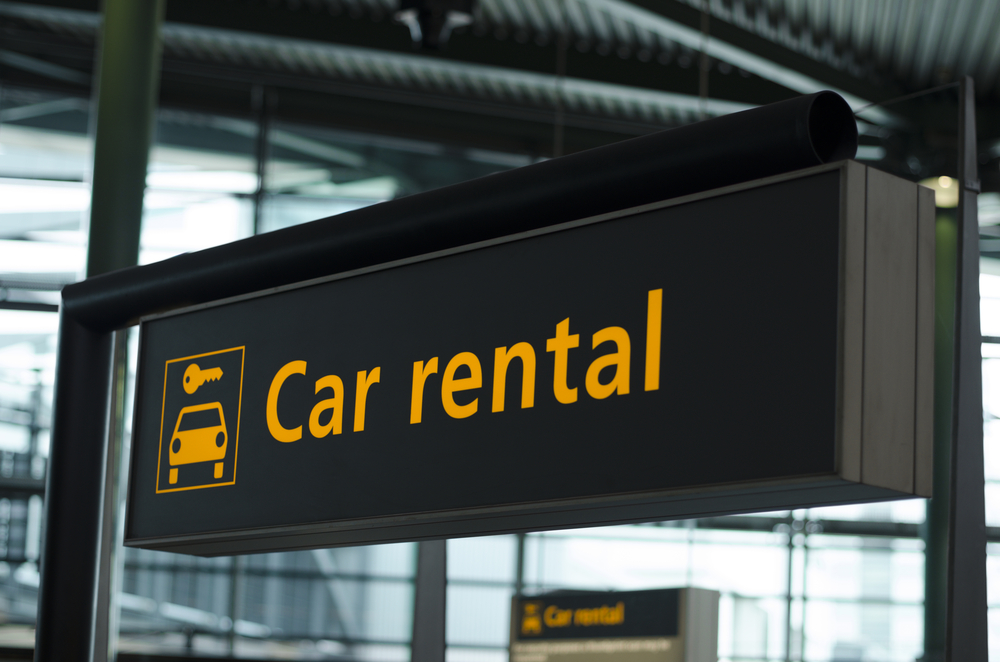
Does Auto Insurance Cover Rental Cars?
Tuesday, November 21, 2017
Renting a car can be expensive, depending on what you are doing and where you happen to be traveling, but it also makes getting to your destination a lot easier. Some cities aren’t set up well to facilitate moving conveniently or using public transportation, so renting a car often makes the most sense.
However, renting a car can come with a certain amount of stress. Not only are you driving someone else’s car, but you are navigating around a city you may not be familiar with. Walking into a rental car agency for the first time can be intimidating, and you might be pressured into buying rental car insurance that isn’t entirely necessary.
Auto Insurance Coverage
After a long day of travel, standing in line to get your rental car can be exhausting. Once you get up to the counter, you are inundated with information about coverage options, necessary insurance requirements, payment methods, and much more. You might be overwhelmed by all of this, and could very well end up signing up for coverage you don’t need.
Many people don’t realize that their regular auto insurance policy might cover them in situations where they are renting a vehicle. Auto insurance policies usually have some coverage built in for driving someone else’s car or renting a car for personal use when you are traveling to other places.
You should be sure to check with your auto insurance company before you rent a car to see what rental car insurance options they offer. This lets you navigate the rental counter much easier and with a lot less stress. Most auto insurance policies offer rental car coverage if you are using the car for personal reasons, but coverage may be different if you are renting a car for business purposes.
Rental Car Checklist
Before you rent your car, go through a little checklist to see if you need to purchase additional rental insurance or not.
- First, see if your existing auto insurance policy covers you when you rent a car
- If it does, check to see if there are any coverage gaps that could be filled with supplemental insurance policies while you’re away
- Sometimes your auto insurance policy will cover you in a rental car, but you could still be liable for your deductible should damage to the rental vehicle occur
- Usually, collision and OTC (other-than-collision) insurance extends to rental cars, but check with your auto insurance company first.
Once you’re at the rental counter, you can better understand which of their policy offerings could be beneficial to you, and which ones you can stand to do without.
Kinds of Rental Insurance
There are certain waivers or insurance policies offered by the rental car company that could be good to have during your trip.
One of these is a loss-damage waiver, which might also be called a collision damage waiver. This prevents the rental car company from coming after you if the car is damaged or stolen. You may also want to consider the following rental insurance policies:
- Supplemental liability policy: This policy helps you if you cause damage to another person’s vehicle or property with your rental car. This is a necessary insurance policy if you don’t have any auto insurance at all. This can be used to boost your existing auto insurance policy’s liability coverage as well.
- Personal accident insurance: This policy covers medical expenses for you and passengers if you are involved in an accident. This policy can include expenses incurred from an ambulance ride, associated medical care expenses, and potential death benefits. You likely won’t need this insurance policy if you already have adequate health insurance or personal injury insurance.
- Personal effects coverage: This policy helps protect your belongings if they are stolen from the rental vehicle while you are out of town. If you have homeowner’s insurance, this will also suffice to cover your personal items even if you are away from home at the time of the theft.
Finally, some credit cards offer secondary rental car insurance policies. Generally, you would need to rent a car with a credit card in your name that offers rental coverage options. Check with your credit card company before you rent a car to see if they offer this option.
